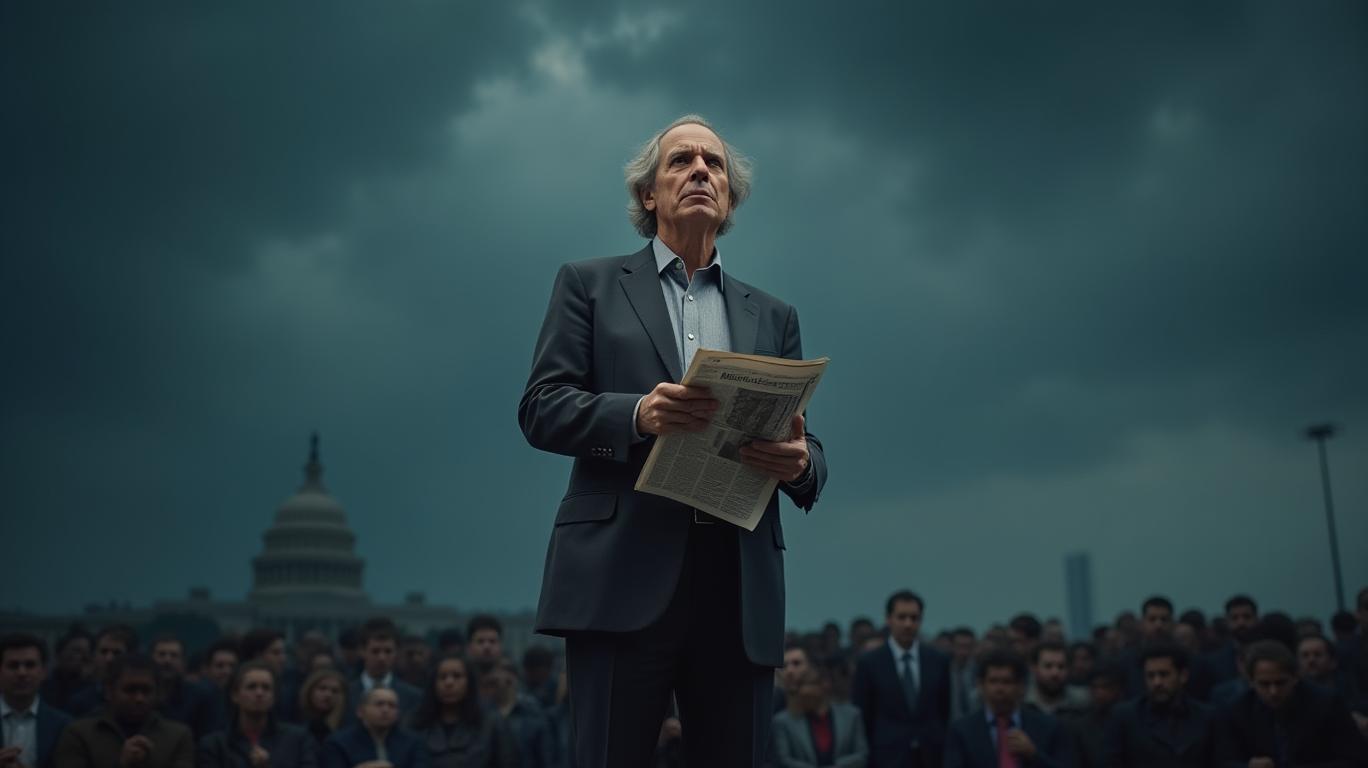Ray Dalio Warns of Global Order Collapse Amid Debt, Political Disorder
On April 2, U.S. President Trump signed an executive order imposing so-called "reciprocal tariffs" on trading partners, causing a brief market panic. During this period, Ray Dalio, the founder of BridgewaterBWB--, warned investors not to be distracted by short-term market fluctuations.
On April 8, Dalio posted on LinkedIn that what is happening now is far more significant than the impact of tariffs—we are in the midst of a once-in-a-lifetime systemic collapse of the global monetary, political, and geopolitical order.
Dalio identified five fundamental forces driving this transformation: the collapse of the monetary order, political disorder, the reshaping of the geopolitical order, technological change, and natural disasters.
Dalio emphasized that the current monetary order is unsustainable due to unsustainable debt levels. Major economies, such as the United States, are burdened with high debt levels that continue to rise rapidly, while creditor nations hold excessive debt assets and rely heavily on exports to debt-ridden countries. This imbalance is exacerbated by a lack of trust among major nations, with concerns over supply chain disruptions and debt repayment issues. Dalio believes that the current system, where debt-ridden countries borrow heavily and creditor nations export and purchase debt, will be forced to change. The unsustainable growth of U.S. government debt will have profound impacts on capital markets and the broader economy.
Political disorder is another key factor in the collapse of the current order. Dalio highlighted deep-seated social inequalities, including disparities in education, opportunities, productivity, income, and wealth. This has led to a polarization between right-wing and left-wing populists, each vying for power and control. This political extremism undermines democratic institutions, which rely on compromise and the rule of law. Economic issues further exacerbate these political tensions.
The geopolitical order is also undergoing a significant shift. Dalio noted that the era of a single dominant power setting the rules, with other nations following, is over. The U.S.-led multilateral world order is being replaced by unilateralism and the principle of "might makes right." This transition could lead to increased trade friction, geopolitical conflicts, and competition in technology and military domains.
Technological advancements and natural disasters are additional forces reshaping the world. Natural disasters, such as droughts, floods, and pandemics, are becoming more destructive. Technological changes, particularly in artificial intelligence, are deeply impacting various aspects of life, including economic, political, and international relations.
Dalio urged investors not to be distracted by dramatic news like tariffs but to focus on these five fundamental forces and their interrelationships. He believes that the current crises are not isolated events but part of a historical cycle of collapse and renewal. Throughout history, collapses in monetary, political, and geopolitical orders have led to periods of depression, civil war, and world wars, ultimately resulting in the establishment of new orders. Dalio's warnings serve as a reminder that understanding these underlying forces is crucial for navigating the current global landscape.

Stay ahead with real-time Wall Street scoops.
Latest Articles
Stay ahead of the market.
Get curated U.S. market news, insights and key dates delivered to your inbox.



Comments
No comments yet